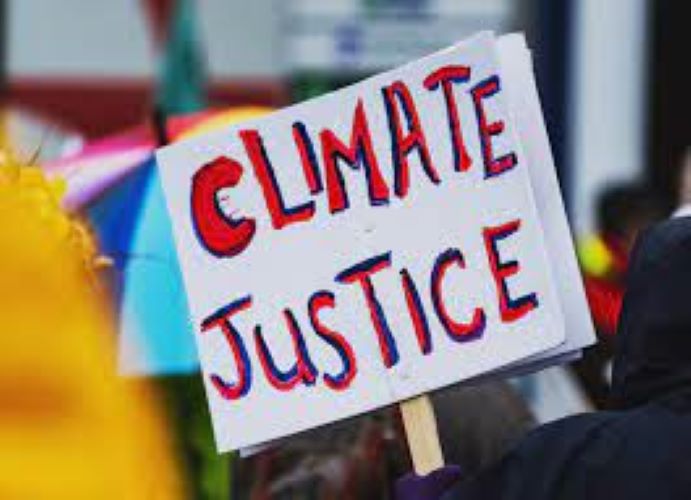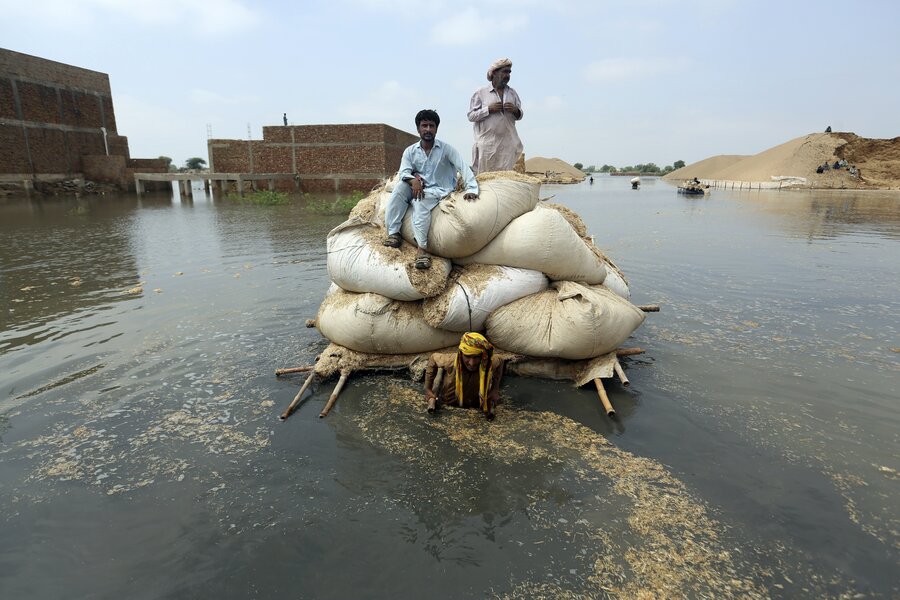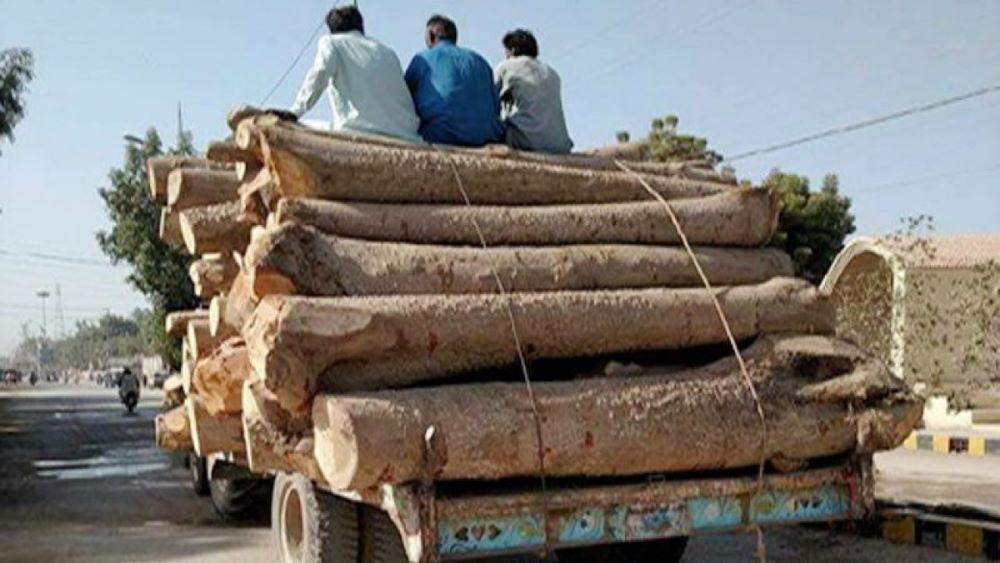
Rising temperatures, torrential rains, floods, and deforestation pose significant threats to the nation’s well-being and its ecosystems
SHOUKAT LOHAR
Pakistan, like many other countries, is facing a myriad of environmental challenges that threaten the well-being of its people and ecosystems. The nation grapples with rising temperatures, torrential rains, devastating floods, and rampant deforestation. While the severity of these issues is becoming increasingly evident, the lack of education and awareness about environmental problems has hindered progress in finding sustainable solutions. Additionally, the inequality in addressing climate change between developed and developing countries raises questions about environmental justice. This article explores the pressing environmental challenges in Pakistan, the need for increased awareness, and the importance of global solidarity in tackling climate crises.

Temperature Rise, Torrential Rains, Floods, and Deforestation
Temperature Rise: Pakistan has experienced a significant increase in average temperatures over the past few decades. This rise in temperature is primarily attributed to greenhouse gas emissions from human activities, such as burning fossil fuels and deforestation. As a result, the country faces heatwaves, droughts, and adverse impacts on agriculture and water resources.
Torrential Rains and Floods: Changing climate patterns have also led to more intense and unpredictable rainfall events in Pakistan. These heavy downpours often result in destructive floods, causing loss of life, damage to infrastructure, and displacement of communities. Climate change exacerbates these disasters, making it crucial to invest in flood management and early warning systems.
Deforestation: Deforestation is a grave environmental concern in Pakistan. The clearing of forests for agriculture, urbanization, and timber has significantly reduced forest cover. This loss of green spaces contributes to soil erosion, biodiversity loss, and exacerbates climate change by reducing carbon sequestration capacity.
Lack of Education and Awareness
Despite facing these environmental challenges, there is a lack of education and awareness among the general population about environmental issues. The education system in Pakistan often neglects to incorporate comprehensive environmental education in its curriculum. As a result, many citizens remain uninformed about the importance of conservation, sustainable practices, and the impact of human activities on the environment.
Ignorance and Climate Catastrophes
The consequences of ignoring climate change can be catastrophic. As extreme weather events become more frequent and intense, vulnerable communities in Pakistan bear the brunt of climate-related disasters. These events disrupt lives, damage infrastructure, and undermine food security. Lack of awareness and action also hinder efforts to adapt to changing climate conditions, making it difficult to build resilience against future climate challenges.
Environmental Justice and Global Responsibilities
The issue of environmental justice comes into play when considering the disparity in addressing climate change between developed and developing nations. Developed countries, historically the largest emitters of greenhouse gases, have contributed significantly to global warming. However, developing countries like Pakistan, despite having a lower carbon footprint, face disproportionate impacts due to their vulnerabilities and limited resources to cope with climate crises.
International financial institutions, like the International Monetary Fund (IMF), play a crucial role in supporting countries during disasters. Unfortunately, the assistance provided often comes with conditions that further exacerbate indebtedness, hindering a country’s capacity to invest in sustainable development and climate adaptation measures.

Mobility for Environmental Solutions
Addressing Pakistan’s environmental challenges requires collaborative efforts from all stakeholders. It is imperative to:
Promote Environmental Education: Integrating comprehensive environmental education into the national curriculum can raise awareness and empower citizens to become environmentally responsible.
Implement Sustainable Policies: The government must prioritize policies that encourage renewable energy adoption, afforestation, and sustainable land-use practices to mitigate climate change impacts.
Foster Global Cooperation: Developed countries must take responsibility for their historical contributions to climate change and provide financial and technological support to developing nations like Pakistan in their climate adaptation and mitigation efforts.
Empower Vulnerable Communities: Efforts should focus on empowering vulnerable communities to withstand climate shocks and build resilience through localized solutions and access to resources.
Conclusion
Pakistan is facing severe environmental challenges that demand immediate attention and action. Rising temperatures, torrential rains, floods, and deforestation pose significant threats to the nation’s well-being and its ecosystems. Overcoming these challenges requires educating the public about environmental issues and promoting sustainable practices. Additionally, developed nations must take responsibility for their actions and support the developing world in addressing climate change through environmental justice and fair international cooperation. By mobilizing efforts and fostering global solidarity, we can strive towards a more sustainable and resilient future for Pakistan and the planet as a whole.
_______________
 Shoukat Lohar is Assistant professor in English at Mehran University of Engineering and Technology Jamshoro. He can be reached at Shoukat.ali@faculty.muet.edu.pk
Shoukat Lohar is Assistant professor in English at Mehran University of Engineering and Technology Jamshoro. He can be reached at Shoukat.ali@faculty.muet.edu.pk
[…] Read: Addressing Environmental Challenges and Denial of Justice […]